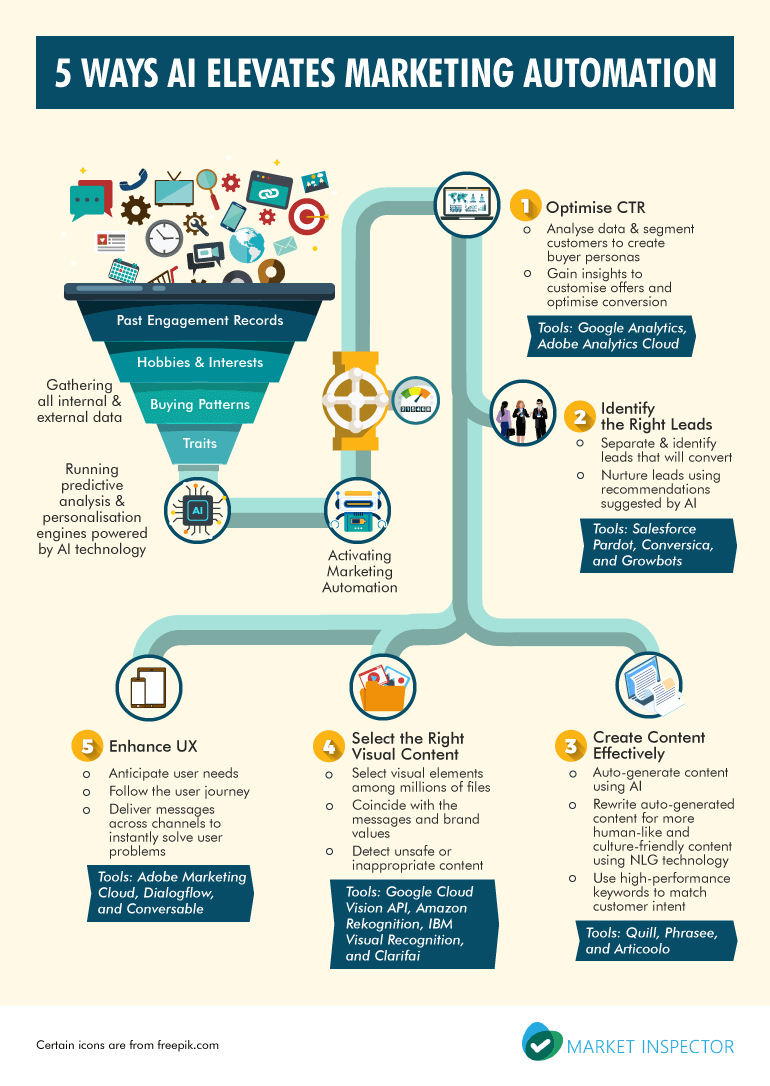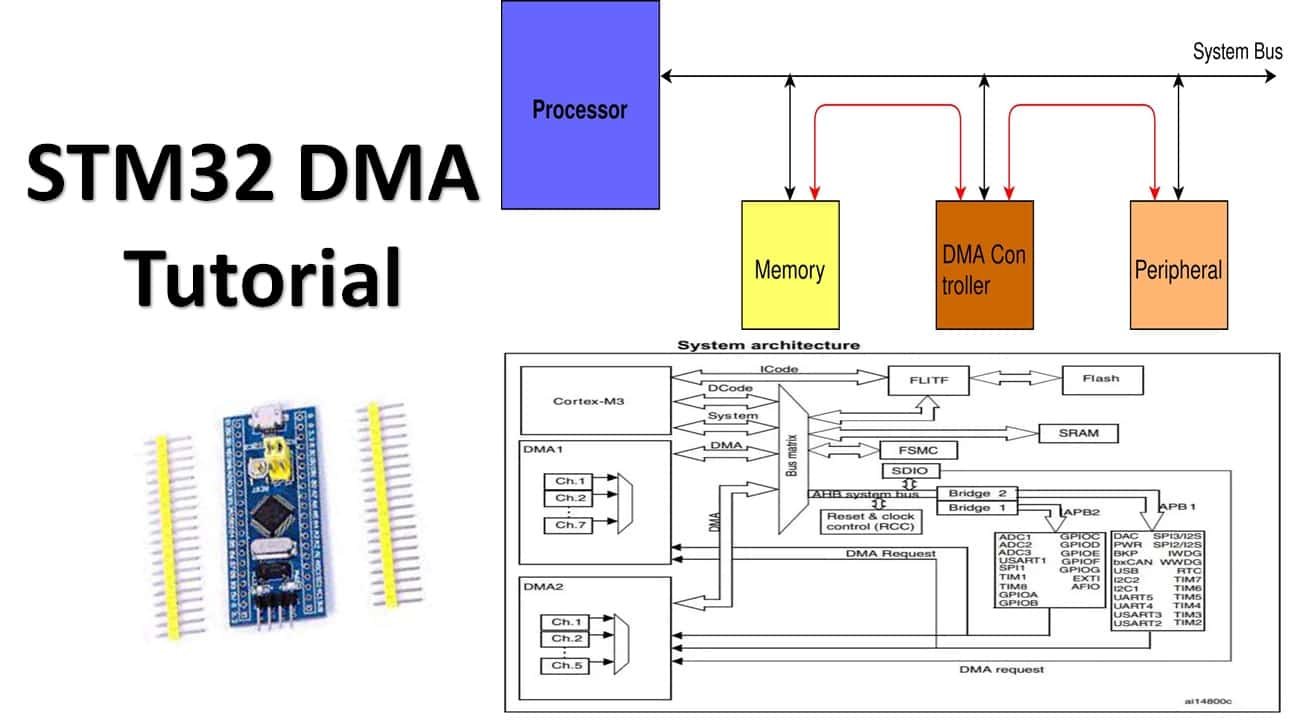Entertainment License: Complete Guide to Requirements and Application Process
Understand entertainment licenses
An entertainment license serves as legal authorization for businesses and individuals to operate entertainment relate activities. These licenses ensure compliance with local, state, and federal regulations while protect public safety and welfare. Entertainment licensing cover a broad spectrum of activities, from live music venues and theaters to game establishments and special events.
The licensing process vary importantly depend on your location, the type of entertainment you plan to offer, and the scale of your operation. Understand these requirements other in your planning process can save time, money, and potential legal complications down the road.
Types of entertainment licenses
Music and performance licenses
Venues host live music, DJs, or other performances typically require specific licenses. These include public performance licenses from perform rights organizations like ASCAP, BMI, and SEAC. Additionally, venues may need sound permits, specially if entertainment extend into evening hours or involve amplify music.
Liquor and entertainment combinations
Many entertainment venues serve alcohol, require both liquor licenses and entertainment permits. These combination licenses much have stricter requirements and higher fees. The application process typically involves background checks, financial reviews, and compliance with zoning regulations.
Gaming and gambling licenses
Gaming establishments face some of the virtually stringent licensing requirements. These licenses cover everything from casino operations to arcade games with prizes. Regulatory bodies scrutinize applicants extensively, examine financial stability, criminal background, and operational plans.
Special event permit
Temporary entertainment events like festivals, concerts, or fairs require special permits. These typically involve coordination with multiple agencies, include fire departments, police, and health departments. Event organizers must demonstrate adequate safety measures, crowd control plans, and emergency procedures.
Key requirements for entertainment licenses
Business structure and registration
Before apply for an entertainment license, establish your business as a legal entity. This typically involve register as a corporation, LLC, or partnership with your state. You will need an employer identification number ( e( anr) the irs anIRSay will require additional state tax registrations.
Zoning compliance
Entertainment businesses must operate in suitably zone areas. Commercial or mixed use zones typically allow entertainment activities, while residential zones may prohibit them exclusively. Contact your local zone office to verify your proposal location meet requirements before signing leases or purchase property.
Safety and building codes
Entertainment venues must comply with fire safety codes, build regulations, and accessibility requirements under the Americans with disabilities act (aAda) These requirements oftentimes involve occupancy limits, emergency exits, fire suppression systems, and accessible entrances and facilities.
Insurance requirements
Most jurisdictions require entertainment businesses to carry specific types and amounts of insurance. General liability insurance protects against accidents and injuries, while liquor liability insurance cover alcohol relate incidents. Some locations require additional coverage for live performances or special events.
Application process step by step
Research local requirements
Start by contact your city or county clerk’s office to understand specific licensing requirements in your area. Many jurisdictions have different departments handle various aspects of entertainment licensing, thus identify all relevant agencies other in the process.
Request application packets and fee schedules from each relevant department. Some areas offer online resources or one-stop shops for business licensing, while others require separate applications to multiple agencies.
Prepare required documentation
Gather all necessary documents before begin the application process. Common requirements include business registration documents, proof of insurance, floor plans or site diagrams, financial statements, and personal background information for owners and key employees.
For venues serve alcohol, additional documentation typically include lease agreements, zone compliance letters, and detailed operational plans. Gaming licenses may require extensive financial disclosures and background investigations.
Submit applications and fees
Complete all application forms accurately and exhaustively. Incomplete applications oftentimes result in delays or rejections. Pay all require fees, which can range from hundreds to thousands of dollars depend on the license type and jurisdiction.
Many applications require notarization or sworn statements, thus plan consequently. Some jurisdictions accept online submissions, while others require in person filing or mail applications.
Inspection and review process
Most entertainment licenses require inspections before approval. Fire departments verify safety equipment and exit routes, while health departments may inspect food service areas. Building inspectors ensure compliance with construction codes and occupancy limits.
Schedule inspections quickly after submit applications, as inspection availability can cause delays. Address any violations or deficiencies instantly to avoid prolonged approval processes.
Common challenges and solutions
Zoning restrictions
Zoning issues represent one of the virtually common obstacles in obtain entertainment licenses. If your preferred location isn’t decent zone, explore options for zone variances or conditional use permits. These processes will involve public hearings and may will require will demonstrate that your business won’t negatively will impact they will surround area.

Source: armacoustics.co.uk
Neighbor opposition
Community opposition can complicate the licensing process, peculiarly for venues with late night operations or outdoor entertainment. Proactively engage with neighbors and community groups to address concerns about noise, traffic, and parking. Consider implement sound mitigation measures or limit operate hours to gain community support.
Financial requirements
Some entertainment licenses require substantial financial commitments, include bonds, escrow accounts, or proof of minimum capital requirements. Plan for these expenses other and consider work with financial advisors or attorneys familiar with entertainment industry requirements.
Ongoing compliance and renewal
Regular renewals
Entertainment licenses typically require annual or biennial renewal. Mark renewal date on your calendar and begin the renewal process good in advance of expiration dates. Late renewals may result in penalties or temporary suspension of operations.
Compliance monitoring
Maintain ongoing compliance with all license conditions and local regulations. This includes keep insurance current, adhere to occupancy limits, and follow noise ordinances. Regular self audits can help identify potential compliance issues before they become problems.
Record keeping
Maintain detailed records of all licensing activities, include applications, renewals, inspections, and correspondence with regulatory agencies. These records prove valuable during renewals and can help resolve disputes or compliance questions.
Professional assistance and resources
Legal consultation
Entertainment licensing involve complex legal requirements that vary importantly by location and business type. Consider consult with attorneys specialize in entertainment law or business licensing. Legal professionals can help navigate complicated requirements and avoid costly mistakes.
Industry associations
Many entertainment industry associations provide resources and guidance for licensing requirements. These organizations oft offer training programs, network opportunities, and advocacy on regulatory issues affect the industry.
Government resources
Most jurisdictions provide resources to help businesses understand licensing requirements. These may include online guides, workshops, or dedicated business assistance programs. Take advantage of these resources to ensure complete understanding of your obligations.
Cost considerations
Entertainment licensing costs vary wide base on location, business type, and scope of operations. Budget for application fees, inspection costs, legal assistance, and ongoing compliance expenses. Some jurisdictions offer reduced fees for small businesses or new enterprises.
Consider the total cost of compliance, include insurance premiums, safety equipment, and facility modifications require for license approval. These expenses should factor into your overall business planning and financial projections.
Timeline expectations
The entertainment licensing process typically takes several weeks to several months, depend on complexity and local processing times. Simple permit for small venues mightbe approvede within a few weeks, while complex gaming licenses can take six months or longsighted.
Plan your business launch timeline around realistic licensing expectations. Start the process overly later can delay your opening and impact revenue projections. Conversely, some licenses have limit validity periods, so time applications befittingly ensure maximum license duration.
Successfully obtain an entertainment license require careful planning, attention to detail, and patience with regulatory processes. By understand requirements, prepare soundly, and seek appropriate assistance when need, you can navigate the licensing process successfully and establish a compliant, lawfully operate entertainment business.

Source: pdffiller.com



